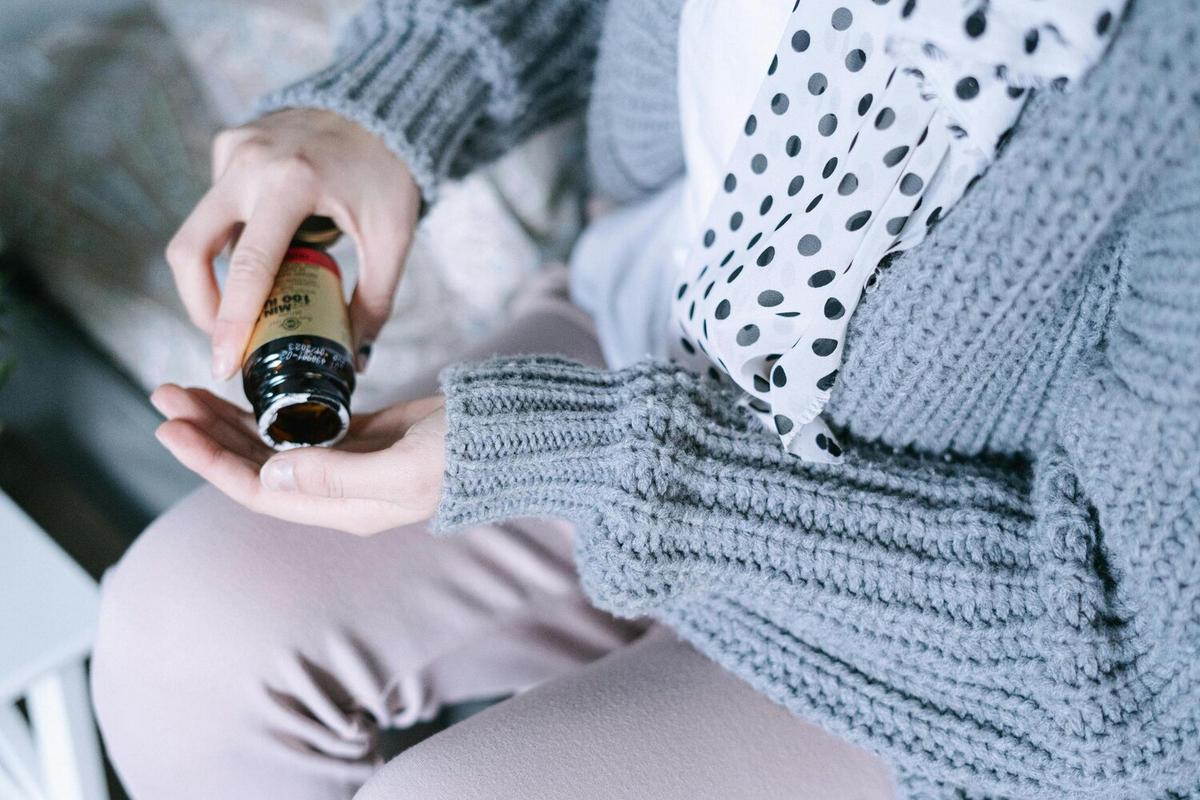
The Best Essential Oils for Better Sleep
Struggling with sleepless nights can be frustrating and exhausting. While there are several remedies to improve sleep, essential oils have emerged as a natural and effective solution for many. This blog post delves into the world of essential oils and how they can help you achieve better sleep, backed by expert opinions, research findings, and actionable tips.
Understanding Essential Oils
Essential oils are concentrated plant extracts that capture the plant’s scent and beneficial properties. These oils are often used in aromatherapy, a holistic healing treatment that uses natural plant extracts to promote health and well-being. The calming and soothing effects of certain essential oils can be particularly beneficial for improving sleep quality.
Expert Opinions and Research
According to Dr. Michael Breus, a clinical psychologist and sleep expert, ‘Aromatherapy can be an effective way to address mild sleep disturbances. The key is to use the right essential oils and follow proper usage guidelines.’
Research supports this view. A study published in the Journal of Alternative and Complementary Medicine found that lavender oil significantly improved sleep quality in participants with insomnia. Another study in the Journal of Advanced Nursing reported that patients who used chamomile oil experienced better sleep quality compared to those who did not.
The Top Essential Oils for Sleep
Here are some of the most well-regarded essential oils for better sleep:
- Lavender: Known for its calming and relaxing properties, lavender oil is often recommended for reducing anxiety and improving sleep.
- Chamomile: Chamomile oil has mild sedative effects and is known to promote relaxation and sleep.
- Bergamot: This citrus oil is unique because it can relieve stress and anxiety without being overly stimulating.
- Cedarwood: Cedarwood oil has a grounding effect, which can help calm the mind and body, making it easier to fall asleep.
- Ylang-Ylang: Known for its soothing and sedative properties, ylang-ylang oil can help reduce stress and promote better sleep.
- Marjoram: Often used for its calming effects, marjoram oil can help relax the nervous system and improve sleep quality.
- Sandalwood: Sandalwood oil has a grounding aroma that can help quiet the mind and promote restful sleep.
- Valerian: Valerian oil is well-known for its sedative properties and is often used to treat insomnia and improve sleep quality.
How to Use Essential Oils for Sleep
Here are some actionable tips on how to incorporate essential oils into your bedtime routine:
- Diffusion: Use an essential oil diffuser to disperse the aroma in your bedroom. Add a few drops of your chosen essential oil to the water in the diffuser and let it run for 30 minutes before bedtime.
- Topical Application: Dilute your essential oil with a carrier oil (like coconut or jojoba oil) and apply it to pulse points such as wrists, neck, and behind the ears.
- Bath: Add a few drops of essential oil to your bathwater for a relaxing soak before bed.
- Pillow Spray: Create a pillow spray by mixing a few drops of essential oil with water in a spray bottle. Lightly mist your pillow and bedding before sleep.
Comparison of Essential Oils for Sleep
| Essential Oil | Primary Benefit | Usage Method |
|---|---|---|
| Lavender | Reduces anxiety | Diffusion, topical |
| Chamomile | Promotes relaxation | Bath, topical |
| Bergamot | Relieves stress | Diffusion, pillow spray |
| Cedarwood | Grounding effect | Topical, diffusion |
| Ylang-Ylang | Soothing properties | Diffusion, bath |
| Marjoram | Calms nervous system | Topical, bath |
| Sandalwood | Quiets the mind | Diffusion, topical |
| Valerian | Sedative properties | Topical, pillow spray |
Frequently Asked Questions (FAQ)
1. Are essential oils safe to use for everyone?
While essential oils are generally safe, it is important to use them correctly. Always dilute essential oils with a carrier oil before topical application, and consult with a healthcare provider if you are pregnant, nursing, or have underlying health conditions.
2. Can I mix different essential oils?
Yes, blending essential oils can create synergistic effects and enhance their benefits. However, make sure to research compatible oils and use them in appropriate proportions.
3. How long does it take for essential oils to improve sleep?
The effects can vary from person to person. Some may notice improvements within a few days, while others may take a couple of weeks. Consistency is key.
4. Can I ingest essential oils to help with sleep?
Ingesting essential oils is not recommended unless under the guidance of a qualified healthcare provider. Aromatherapy and topical applications are safer and effective methods.
Pro Tips
- Always choose high-quality, pure essential oils from reputable sources.
- Perform a patch test before using a new essential oil to check for any allergic reactions.
- Maintain a regular bedtime routine to enhance the effectiveness of essential oils.
Conclusion
Essential oils offer a natural and effective way to improve sleep quality. By incorporating these oils into your bedtime routine, you can create a calming and relaxing environment conducive to restful sleep. Remember to consult with a healthcare provider if you have any concerns and always use essential oils safely. Sweet dreams!


